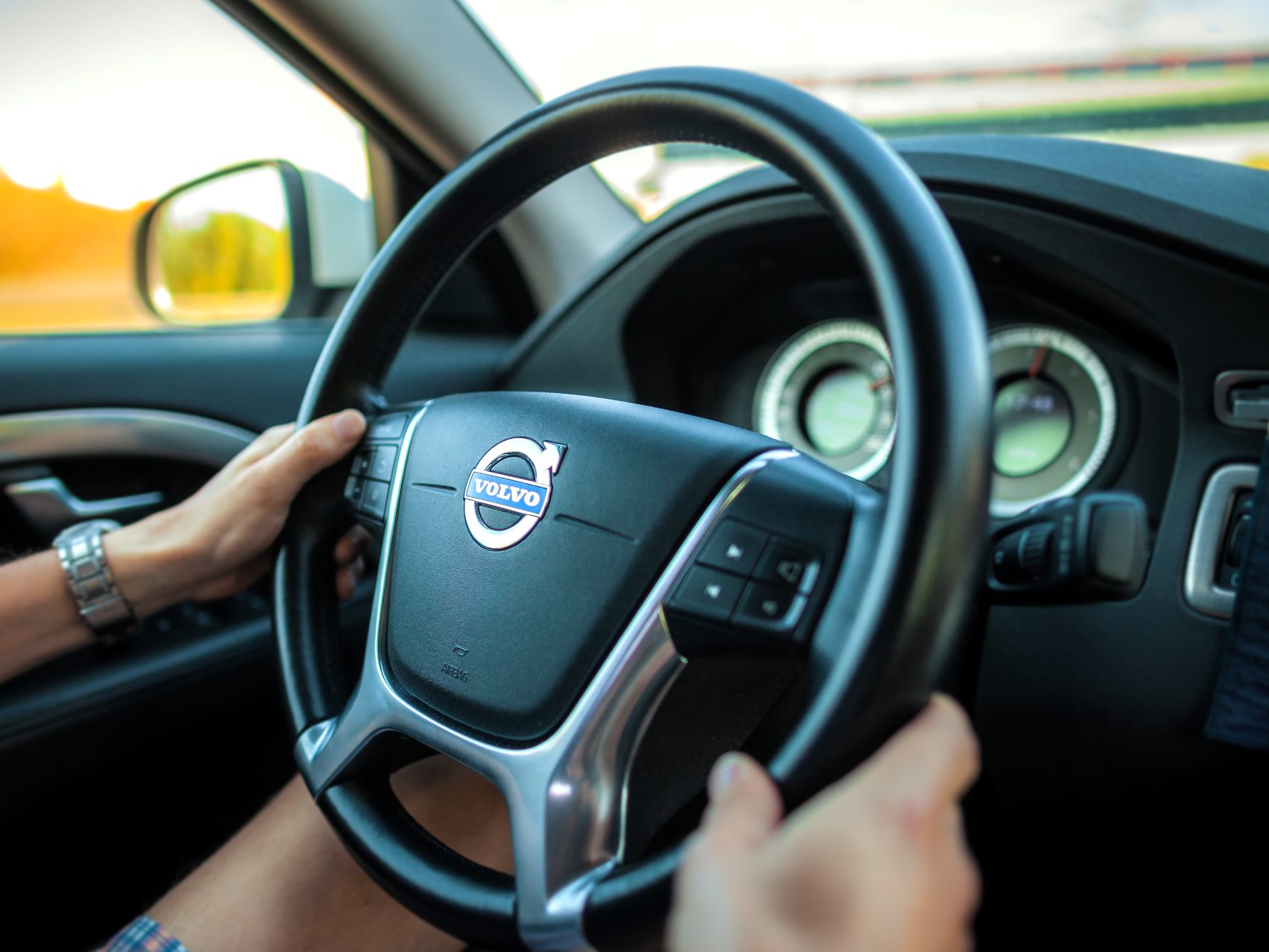To keep people safer on the road, Volvo Cars is limiting the top speed on all of its cars to 112 mph starting next year. Model year 2021 vehicles will be the first to include the new feature.
The car manufacturer has an ambitious goal of zero deaths and no serious injuries in a new Volvo by 2020. Technology can only do so much, so Volvo is concentrating its efforts on driver behaviour.
“Volvo is a leader in safety: we always have been and we always will be,” Håkan Samuelsson, president and chief executive, Volvo Car Group, said in a statement. “Because of our research, we know where the problem areas are when it comes to ending serious injuries and fatalities in our cars. And while a speed limit is not a cure-all, it’s worth doing if we can even save one life.”
Volvo is also researching how smart speed control and geofencing technology could one day cap a driver’s speed near schools and hospitals.
“We want to start a conversation about whether car makers have the right or maybe even an obligation to install technology in cars that change their driver´s behaviour, to tackle things like speeding, intoxication or distraction,” Samuelsson noted. “We don’t have a firm answer to this question, but believe we should take leadership in the discussion and be a pioneer.”
In-car safety technology and infrastructure save lives to a certain point. But when a car crashes at a high speed, it’s difficult to prevent fatalities and severe injuries. Speed limits are set in many western countries, yet many people don’t follow them, and it’s one of the top causes of traffic-related deaths.
In 2016, there were 1,898 motor vehicle fatalities in Canada. According to 2009 data from Transport Canada, 27 per cent of fatalities and 19 per cent of serious injuries involve speeding. Most drivers killed in speed-related crashes were the ones speeding. Single-vehicle crashes account for more than 50 per cent of speeding deaths and serious injuries.
Drivers don’t always realize how hazardous speeding is.
“As humans, we all understand the dangers with snakes, spiders and heights. With speeds, not so much,” said Volvo Cars’ safety expert Jan Ivarsson. “People often drive too fast in a given traffic situation and have poor speed adaption in relation to that traffic situation and their own capabilities as a driver. We need to support better behaviour and help people realise and understand that speeding is dangerous.”
Volvo also notes that other serious problems are driving under the influence of alcohol or drugs and driver distraction. While impaired driving is illegal in many countries, it’s still a top cause of traffic accidents. Drivers distracted by electronic devices or other things can be as dangerous as drunk drivers.


